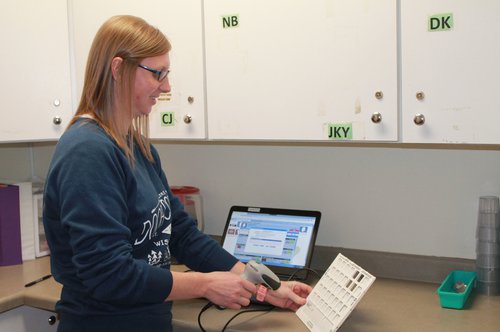FAQs
Below you will find answers to frequently asked questions about PWH and PWS.
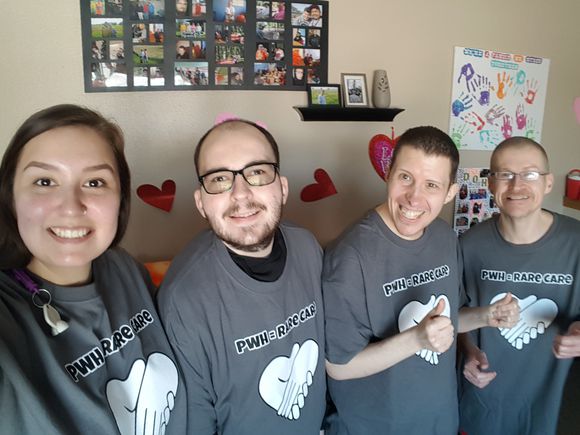
How long have you been providing services for individuals diagnosed with Prader-Willi Syndrome?
PWH has provided specialized residential, educational and vocational services for individuals diagnosed with Prader-Willi syndrome for almost 40 years.
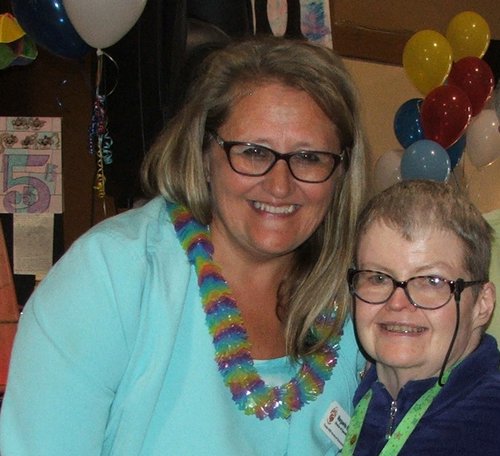
What is the placement process for PWH?
Referrals and inquiries are frequently initiated by parents or guardians of individuals diagnosed with Prader-Willi syndrome. Formal referrals are also initiated by county/state Departments of Health and Social Services or state/local Education Agencies, who usually fund the placement. PWH accepts admissions from across the United States, accommodating numerous out-of-state residents. When a referral is made, PWH Admissions requests information related to the individual’s current skill level, medical needs, nutritional plan and weight management, challenging behaviors, social history, psychological/psychiatric diagnostic information, educational records/current IEP, and any other details pertinent in planning for the individual.
Upon receipt of preliminary records, PWH Admissions schedules a face-to-face interview with the potential resident and family. An onsite tour of the identified home is arranged. We recognize that on-site tours and interviews are ideal, but not always possible. If the family or potential resident are unable to travel, or referral is made from another state, an Admissions representative will travel and meet with all parties involved.
After the interview and tour are completed, a decision is made. All parties are notified regarding PWH’s ability to meet the individual’s needs. If the person’s needs can be met, a pre-admission packet is given to the parents, contract and funding mechanisms are secured by the formal placement agency, and an admission date is set.
Where are the homes located?
Our homes are located in the peaceful community of Oconomowoc and neighboring townships. Each group home provides a comfortable residential living environment with specialized support systems for each individual. The goal of all homes is to motivate residents to strive towards their full potential and achieve it.
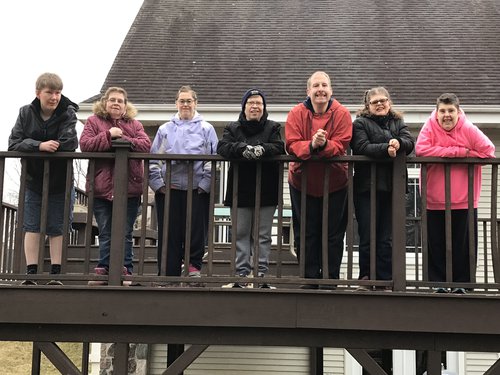
What is the length of placement?
Length of placement varies based on the individual/their needs. Due to life-long support associated with the syndrome, placements are usually long-term. PWHO specializes in serving individuals diagnosed with PWS in a less restrictive, community-based setting. Our residents soon view our homes as their permanent home…offering a level of independence, sense of belonging, mutual support through peers with similar needs, structure, a sense of safety and security.
What types of programs and services do you offer?
Our mission is to provide each individual with the opportunity to explore their highest potential of independence within a safe, supportive, and therapeutic environment. Programs and services that support this goal include:
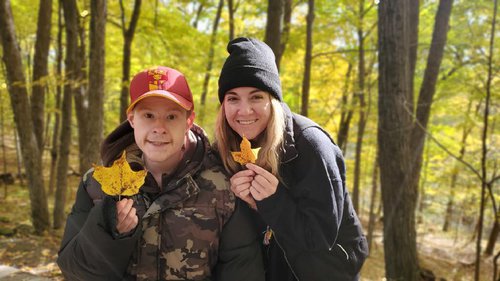
What vocational and day services are provided?
All persons living at PWHO attend one of a variety of Day Service schedules. The type of Day/Work Service Program provided is based on individual need and skill level. We contract with outside providers for our work service opportunities, while we offer our in-house Day R.I.S.E. program for day services.
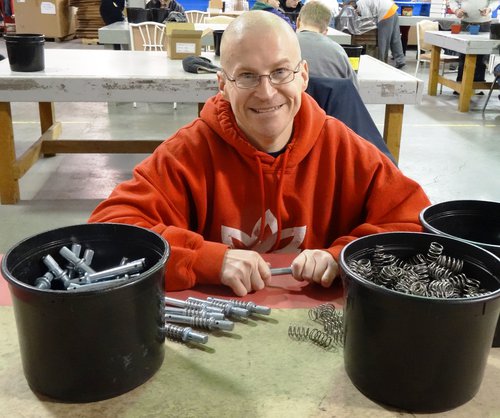
What role does the family have regarding the resident’s treatment?
Family is an integral player in treatment and a vital part of the treatment team. It is imperative that all team members including family embrace the same goals, working together in ensuring consistency and safety for the individual.
Family contact and involvement are strongly encouraged. Home visits are arranged on an individual basis. A primary mission of PWH is encouraging each person to live as independently as possible by providing structure and opportunity to facilitate adult growth, development, and social integration.
What activities are planned for the residents to participate in?
Each home creates a monthly activity calendar that includes a vast variety of both community and in house activities, taking into consideration the interests of the people who reside within the home, the affordability of the activities, and the appropriate community integration skills displayed by the individuals for the activity. Activities are planned daily and the people are encouraged to be active in both planning the activities and participating in the activities. The calendars are posted within each home for the individuals to refer to at their leisure. Some of the activities the people living at PWHO have the opportunity to participate in may include, but are not limited to: Special Olympics, going to the movies, walking within the community, hiking at a variety of different nature trails, going shopping, visiting the library, renting movies, visiting friends at other group homes, attending social gatherings, and sporting events, as well as spending time at a multitude of different parks located in the Oconomowoc area.
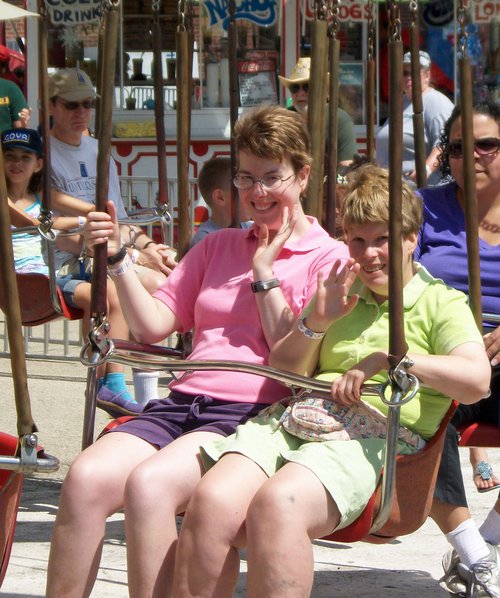
How is diet managed?
All individuals are evaluated by a registered dietician and a weight management plan is established. The dietician consults with the group home support staff monthly to review each individual’s weight management plan and modify it as needed. The dietician also reviews the house menus to ensure that a wide variety of healthy and nutritious meals are being served. Due to the food seeking behaviors inherent with the syndrome, environment controls, such as locked refrigerators, freezers, and all food cupboards, are used to ensure each person’s health, safety, and well-being. Each group home has a different level of exposure to food preparation; however, all access to food is structured and supervised.
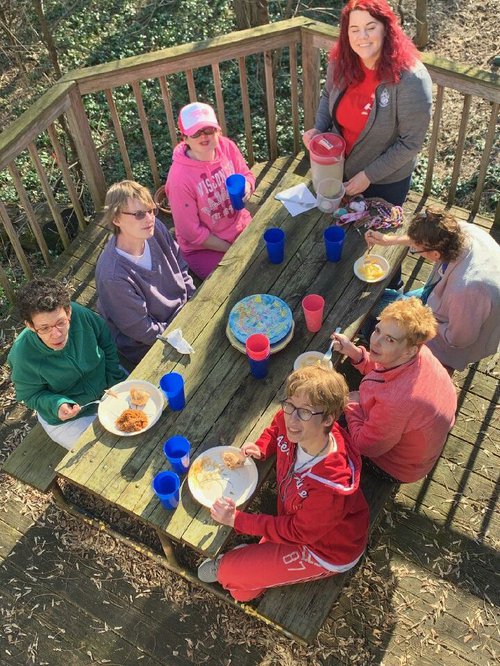
What activities are offered for exercise?
Exercise is another integral component of each person’s weight management plan. A group and/or individual exercise program is developed and available for each resident. It is designed with the input of both the residents and the group home staff. Exercise is built into the daily routine at each of the PWHO group homes. A multitude of choices are offered for exercise including, but not limited to walking in the neighborhood and/or the community, hiking in local parks or on local trails, riding a bike, using a treadmill or other exercise equipment, utilizing exercise video tapes, dancing, and playing active games. Individuals also have the option of participating in a variety of Special Olympic sports. Some of the sports people from PWH participate in are basketball, swimming, track & field, bocce ball, and bowling.
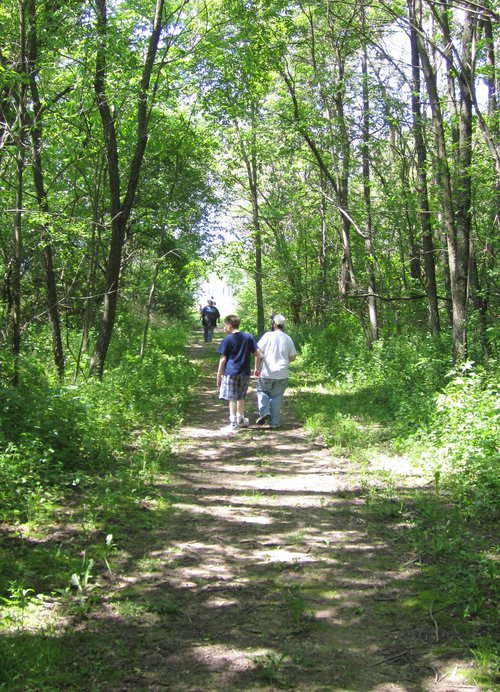
What medical services are offered?
With the assistance of the group home staff, residents may choose to receive services through our consulting physicians, or may choose from a variety of medical professionals within the community. All chosen medical professionals are given educational opportunities regarding PWS through consultation. PWHO also has a Registered Nurse and a Psychiatrist on staff that is available for consultation 24 hours a day. A consulting Psychologist is available, based on referral, for psychological testing or assessing the needs of the individual. Insurance coverage may limit access to some services and may require further planning to find alternative resources. Medical bills are not covered in the cost per diem and are the responsibility of the individual and/or funding source. The Group Home staff are responsible for scheduling appointments, and ensuring that all medical needs are addressed in a prompt and timely manner. They are also responsible for seeing to routine medical care. In some cases, families prefer to schedule their own annual and routine medical appointments in their own communities, with an ongoing provider. In these cases, PWH merely needs the medical information generated by such visits to be kept up to date on current medical status and issues.
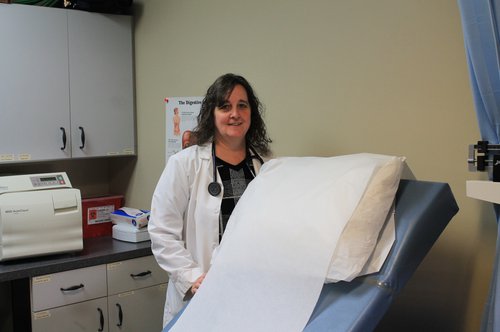
What is PWH’s medication philosophy?
PWH seeks to teach and enhance functioning skills to support an individual diagnosed with PWS in the least restrictive environment possible. The use of psychotropic medications is not our primary approach when it comes to dealing with challenging behaviors which disrupt the individual’s ability to integrate with others in a safe and therapeutic manner. However, some medications have proven to be exceedingly successful or necessary to ensure that a person is afforded the opportunity to achieve a more fulfilling quality of life. PWH utilizes numerous approaches prior to or in combination with the use of psychotropic medications including Behavioral Support Plans, Behavioral Treatment Plans, House Motivational Programs, Functioning Analysis, and Sensory Integration. The decision to prescribe an individual with psychotropic medications is a course of action which includes the Family, House Support Staff, the individual, and the on staff Psychiatrist. If psychotropic medications are deemed necessary, the need for the medication(s) are reviewed and evaluated on a monthly basis or more often if the need arises.
